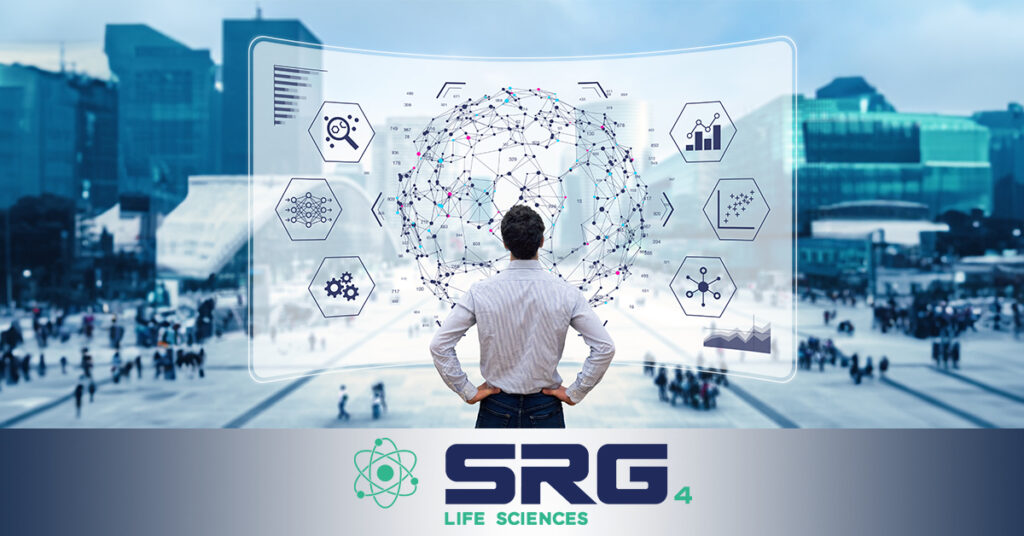In an era where data drives innovation, the life sciences industry is undergoing a profound transformation. Data analytics is at the forefront of this change, revolutionizing how research is conducted, therapies are developed, and patient care is delivered.
For professionals eager to make a significant impact, acquiring data analytics skills is now essential. The demand for data-savvy candidates in life sciences has never been higher, making it an exciting time to explore this field.
Understanding the Importance of Data Analytics in Life Sciences
Data analytics has become indispensable in the life sciences sector, providing insights that were previously unattainable. By harnessing the power of large datasets, researchers and clinicians can identify patterns, predict outcomes, and make data-driven decisions that enhance patient care and accelerate the development of new treatments.
Analytics enables precision medicine by allowing for the analysis of genetic, environmental, and lifestyle factors to tailor treatments to individual patients. This level of insight leads to more effective therapies and better patient outcomes.
Key Applications of Data Analytics in the Life Sciences Industry
The applications of data analytics in life sciences are vast and varied. In drug discovery, analytics can expedite the identification of potential compounds and predict their effectiveness, reducing the time and cost associated with bringing new drugs to market. Clinical trials benefit from improved patient recruitment, monitoring, and data collection, enhancing the reliability of results.
In genomics, data analytics facilitates the understanding of complex genetic information, paving the way for breakthroughs in personalized medicine. Additionally, healthcare providers use data analytics to optimize patient care, manage populations, and reduce costs by identifying inefficiencies and predicting patient needs.
Essential Skills for Success in Data Analytics Roles
To succeed in data analytics within the life sciences, candidates need a combination of technical and domain-specific skills. Proficiency in statistical analysis, data visualization, and machine learning is fundamental.
Familiarity with programming languages such as Python or R and experience with data management tools and software is also crucial. Beyond technical skills, an understanding of biological and clinical data is essential to apply analytics effectively in this context. Critical thinking and problem-solving abilities are necessary to interpret data accurately and make meaningful conclusions that can drive innovation and improve patient outcomes.
Training and Resources for Developing Data Analytics Skills in Life Sciences
Aspiring data analysts in the life sciences can access a variety of training and resources to build their skills. Many universities offer specialized programs in bioinformatics and health data science, combining coursework in biology and data analytics.
Online platforms provide flexible learning options with courses covering topics from basic statistics to advanced machine learning techniques. Certifications from recognized organizations, such as the Certified Health Data Analyst (CHDA) credential, can also enhance a candidate’s qualifications. Finally, joining professional associations and attending industry conferences can provide networking opportunities and keep professionals updated on the latest trends and advancements in data analytics.
Data analytics is driving significant advancements in the life sciences, creating numerous opportunities for those equipped with the right skills. By understanding its importance, exploring its applications, and developing the necessary expertise, professionals can position themselves at the cutting edge of this transformative field.
If you want to advance your life sciences career, the Staffing Resource Group wants to hear from you. Apply Today and experience the SRG4 difference.



